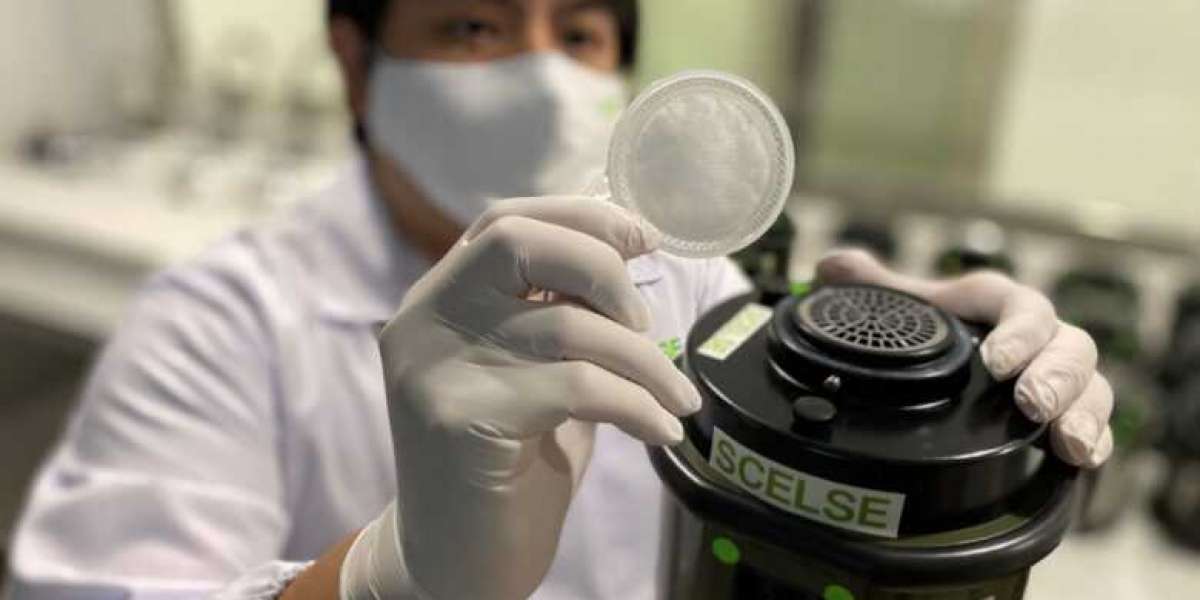Urbanisation, technological advances, and increasing convenience in everyday life have restricted the amount of physical exercise most people engage in, resulting in a major public health concern. This persistent and growing health-related problem calls for an acute need to develop an intervention programme that can effectively promote physical activities, not only at individual level but also at the family, community, and citywide levels.
Whether positive psychology concepts can be integrated with health-promotion behaviours among families had largely been unknown until researchers in Hong Kong developed a positive physical activity (PPA) intervention. This has been made possible by using the positive psychology concepts of joy, gratitude, and savouring to promote Zero-Time Exercise (ZTEx) (which involves integrating simple physical activities into everyday life) and improve physical fitness in Hong Kong families.
Dr Henry Ho Chun-yip, Assistant Professor at the Department of Psychology of The Education University of Hong Kong (EdUHK), together with other researchers and healthcare professionals, worked with different stakeholders during the study, including the government, social service organisations and schools. A cluster randomised controlled trial was conducted with 1,983 participants in 1,467 families in Hong Kong. Data were collected using structured questionnaires and physical fitness assessments before the intervention, and in follow-ups one and three months after the trial.
Social workers and teachers of the participating organisations and schools were trained to design and implement the community programmes. The training workshop was delivered by clinical psychologists, registered social workers, a registered nurse, and academic researchers to comprehensively cover the contents of positive psychology, physical activity, programme design and programme evaluation.
The study measured self-reported frequency of ZTEx both alone and with family members, and assessed balance and endurance as indicators of physical fitness. It found that PPA intervention was effective in increasing ZTEx with both groups in each time periods, and in improving balance and endurance in the three-month follow-up.
Semi-structured focus groups added in-depth insights into the participants’ motivational, interpersonal and affective experiences. The findings showed that PPA intervention is a cost-effective way to improve physical activity and fitness, and that a community-based collaborative approach was successful in engaging community stakeholders in an active and fruitful partnership for programme development.
The findings support the proposition that health promotion behaviour is maintained when the participants experience positive emotions during the activities. Through the application of positive psychology, the participants associated ZTEx with feelings of enjoyment, which nurtured unconscious motives for this health promotion behaviour, thus leading to a successful lifestyle change and improved physical fitness.
This study has important implications for Hong Kong, where 71% of adults did not meet the WHO physical activity recommendations. 1
For details of the research, please visit the APA PsycNet website.
1 School of Public Health. (2013). FAMILY project cohort study: Baseline findings. Pok Fu Lam, Hong Kong: The University of Hong Kong.








